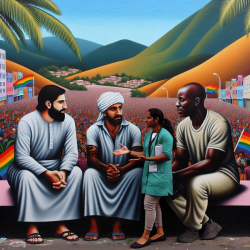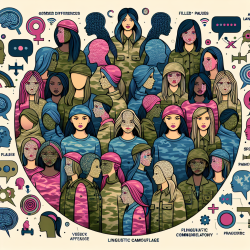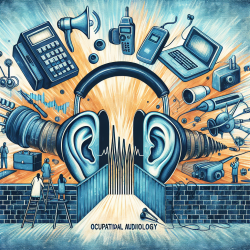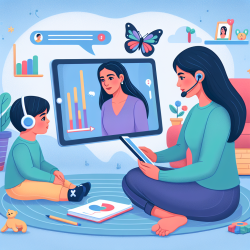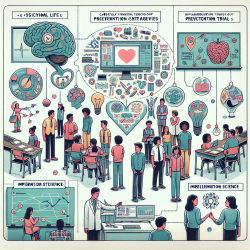Introduction
In the realm of public health and social services, understanding the multifaceted challenges faced by marginalized communities is crucial for effective intervention and support. The research article titled "Social Experiences, Discrimination, and Violence among Men Who Have Sex with Men in a Northern Brazilian Capital" provides invaluable insights into the social dynamics and discrimination faced by men who have sex with men (MSM) in Belém, Pará, Brazil. This study sheds light on the pressing need for practitioners to enhance their skills and knowledge to better serve these communities.
Key Findings and Implications
The study reveals that MSM in Belém experience significant levels of discrimination and violence, often in religious, familial, and healthcare settings. The data, collected through respondent-driven sampling, highlights that these individuals are frequently marginalized due to their sexual orientation, compounded by socio-economic factors such as race and income level.
Practitioners working with MSM populations can draw several key lessons from this research:
- Understanding Intersectionality: Recognize the compounded discrimination faced by MSM who are also from racial minorities or low-income backgrounds. This understanding is crucial for developing comprehensive support strategies.
- Creating Safe Spaces: Establish environments in healthcare and social services where MSM feel safe and respected, reducing the fear of stigma and discrimination.
- Advocacy and Policy Development: Engage in advocacy to influence public policies that protect MSM from discrimination and violence, ensuring equal access to health services.
Encouraging Further Research
While this study provides a detailed analysis of the challenges faced by MSM in Belém, it also underscores the need for further research to explore these issues in different contexts and regions. Practitioners are encouraged to contribute to this body of knowledge by conducting studies that examine the impact of discrimination on mental health, access to services, and overall well-being of MSM populations.
By participating in research, practitioners can help identify effective interventions and inform policy changes that promote inclusivity and equality. Collaboration with academic institutions and community organizations can facilitate this research, ensuring it is grounded in real-world experiences and needs.
Conclusion
The findings from the study on MSM in Belém highlight the urgent need for practitioners to enhance their understanding and approach to serving marginalized communities. By integrating these insights into practice, professionals can play a pivotal role in reducing stigma and discrimination, ultimately improving the health and well-being of MSM populations.
To read the original research paper, please follow this link: Social Experiences, Discrimination, and Violence among Men Who Have Sex with Men in a Northern Brazilian Capital.
